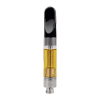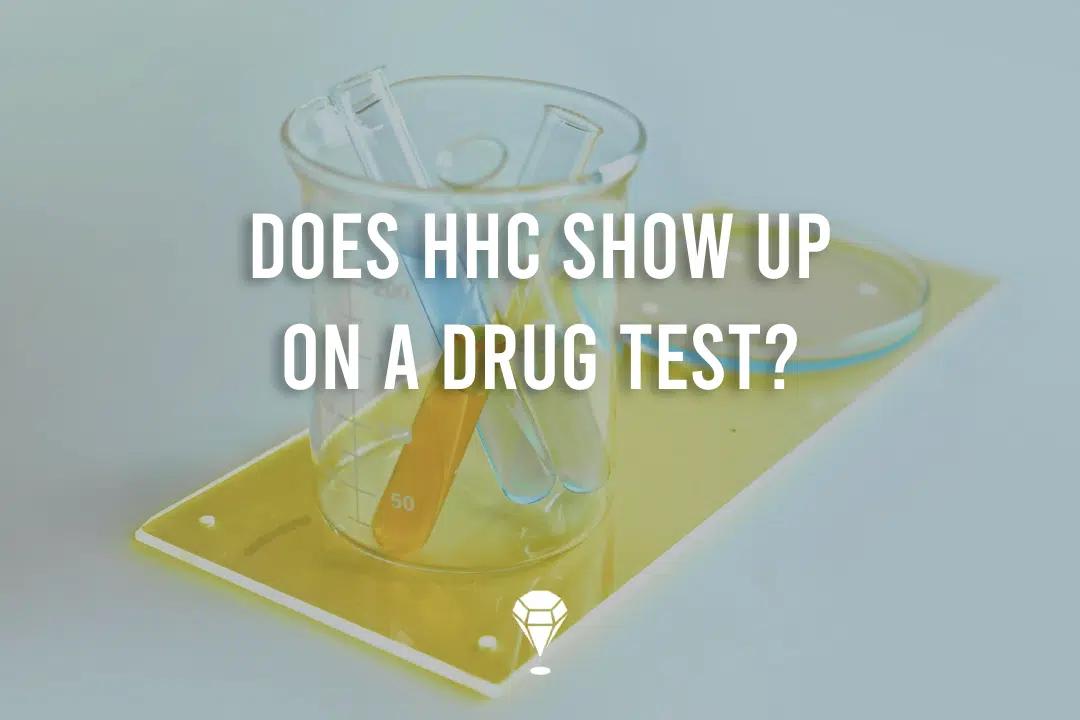Key Takeaways
| **Key Point** | **Details** | | --- | --- | | **Understanding Drug Tests** | Urine, blood, and hair follicle tests detect THC or its metabolite, THC-COOH. | | **HHC and Drug Tests** | Given HHC's structural similarity to THC, it may theoretically trigger a positive drug test result, but there's no definitive research to support this. | | **Navigating HHC Use** | Communicate with your employer, understand your rights, consider detection windows, and approach HHC use with caution if subject to drug testing. | | **Current State of Knowledge** | The interaction of HHC with drug tests remains unclear. Users should stay informed about the latest research and legal developments. |
In recent years, the ever-growing cannabis industry has witnessed the rise of various cannabinoids, each offering a unique set of effects and benefits. Among these is Hexahydrocannabinols, or HHC, a relatively new entrant gaining traction for its psychoactive effects. Despite its legal status in some regions, a significant question that arises for users and employers alike is whether HHC shows up on drug tests.
Chemically, HHC closely resembles THC, the most famous cannabinoid renowned for its intoxicating effects. This similarity begs the question of whether consumption of HHC could trigger a positive result in drug tests designed to detect THC.
Will HHC Show Up On A Drug Test?
To understand if HHC will show up on a drug test, it's vital first to comprehend how drug tests work. There are three common types: urine tests, blood tests, and hair follicle tests.
**Urine Tests** are the most prevalent and detect THC-COOH, a metabolite of THC. Because the body processes cannabinoids and eliminates them in urine, THC-COOH can linger and indicate cannabis usage.
**Blood Tests**, on the other hand, directly detect THC. These tests are often used for more immediate detection, as THC can be found in the blood soon after usage but usually disappears within a few hours or days.
Lastly, **Hair Follicle Tests** detect THC metabolites that have been incorporated into hair growth. Because hair grows slowly, this test can reveal cannabis usage months after consumption.
Herein lies the challenge with HHC. Given its structural similarity to THC, it may be reasonable to suspect that HHC could generate metabolites similar to THC-COOH or possibly even be detectable in a blood test as THC itself. However, as of now, no conclusive scientific studies affirm this suspicion.
Moreover, standard drug tests have been designed to detect THC and its metabolites specifically, not the myriad of other cannabinoids present in the cannabis plant. While it's theoretically possible that the presence of HHC could lead to a positive drug test result, the specificity of these tests may also mean that HHC would not trigger a positive result.
This ambiguity underscores the complexity of the issue. Given the lack of definitive research, one cannot confidently claim that using HHC will or will not lead to a positive drug test result.
Navigating HHC Usage and Drug Tests
If you're a HHC user required to take a drug test, the current ambiguity around HHC detection is likely a cause for concern. Here are some tips to navigate this grey area.
1. It's essential to have open conversations with your employers about HHC use, especially if it's legal in your jurisdiction. Legislation protecting employees using legal substances varies from place to place, so understanding your rights is crucial.
-
Remember that the detection window for most cannabinoids is relatively short. For regular users, a window of a week or two may be enough to eliminate any potential metabolites that could be detected.
-
Even though HHC is legal in some places, it still falls into a grey area when it comes to workplace drug tests. Until further research and clearer regulations are available, it’s best to approach its use with caution, especially if you know you’ll be subject to drug testing.
In conclusion, HHC’s interaction with drug tests remains a topic shrouded in uncertainty. Until more concrete evidence is available, users should stay informed about the latest research and legal developments, ensuring they can make educated decisions about HHC use.
1. Is HHC safer than THC?
Yes, preliminary studies suggest that HHC might have a better safety profile than THC. It reportedly causes fewer psychotropic effects, but more research is needed to fully understand its effects.
2. Can I use HHC legally?
As of mid-2023, HHC is not scheduled at the federal level in the United States. However, it’s essential to check local and state laws, as they can differ.
3. How long does HHC stay in the system?
The length of time HHC stays in the system is not definitively known. However, given its structural similarity to THC, it may be reasonable to assume it could stay in the system for a similar length of time as THC.
4. How does HHC differ from CBD?
Unlike CBD, HHC has a close structural similarity to THC and may therefore have psychoactive properties. However, it’s believed to produce less intense psychotropic effects than THC.
5. Is it possible to overdose on HHC?
There’s currently no evidence to suggest that it’s possible to fatally overdose on HHC. However, overuse can lead to unpleasant effects. As with any substance, moderation is key.
6. Will HHC show up on a standard drug test?
There’s a potential for HHC to trigger a positive result on a drug test due to its structural similarity to THC. However, there is currently no definitive research confirming this.







